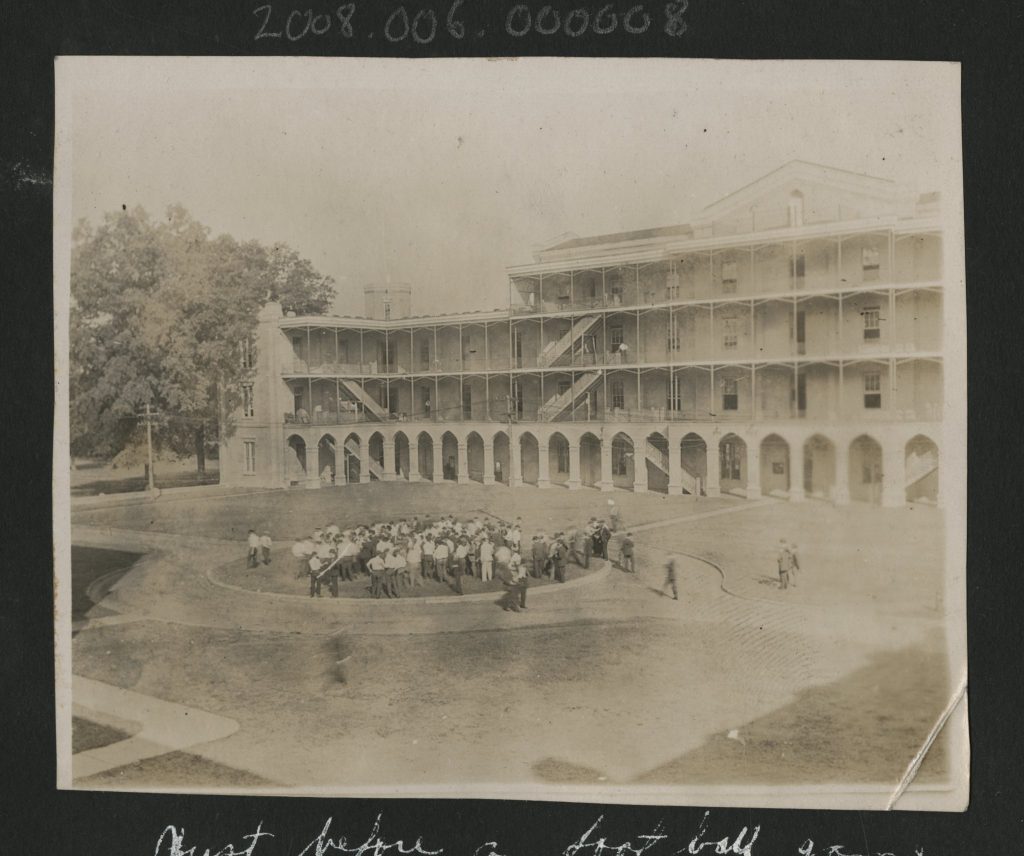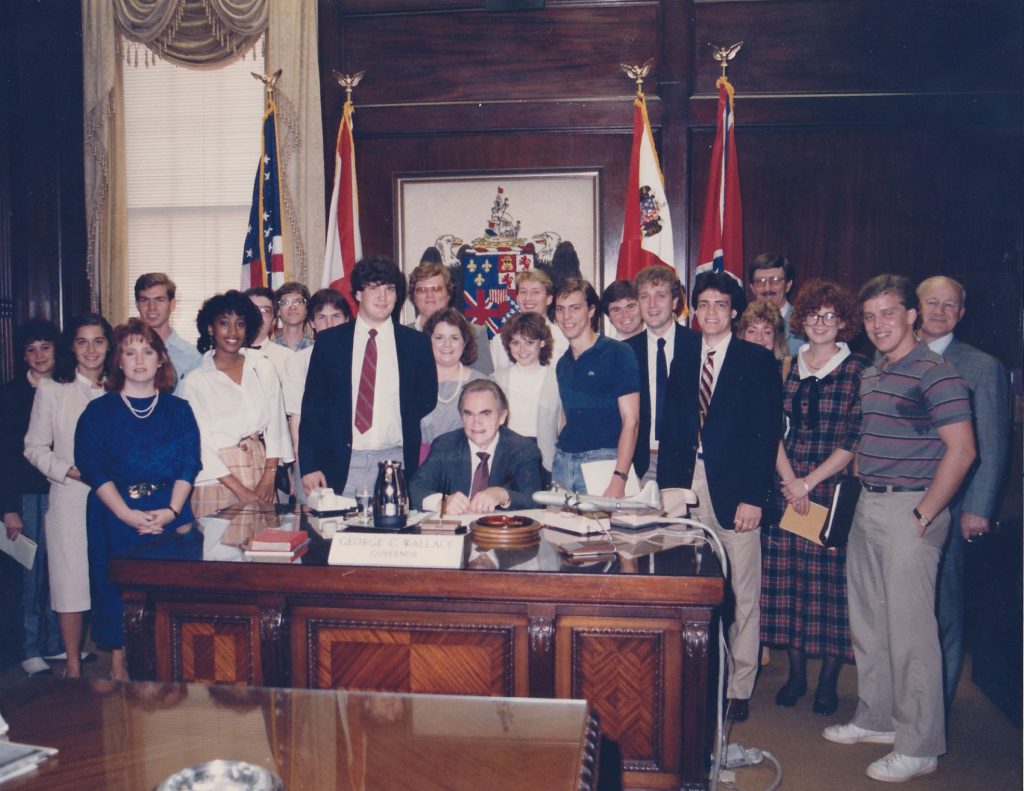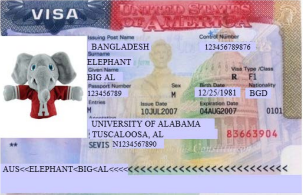by Nathan Loewen, Department of Religious Studies On April 18, 1831, the faculty of four men at The University of Alabama opened its doors to fifty-two male students. The campus eventually looked something like this: The photo exhibits what some call the built environment of the original UA campus. Scholarly research on the built environment focuses on how the human-made surroundings that provide settings for human activity. The point of such research is this: if architectures actively form our relationships with […]
Digital Literacy: A Critical Approach




